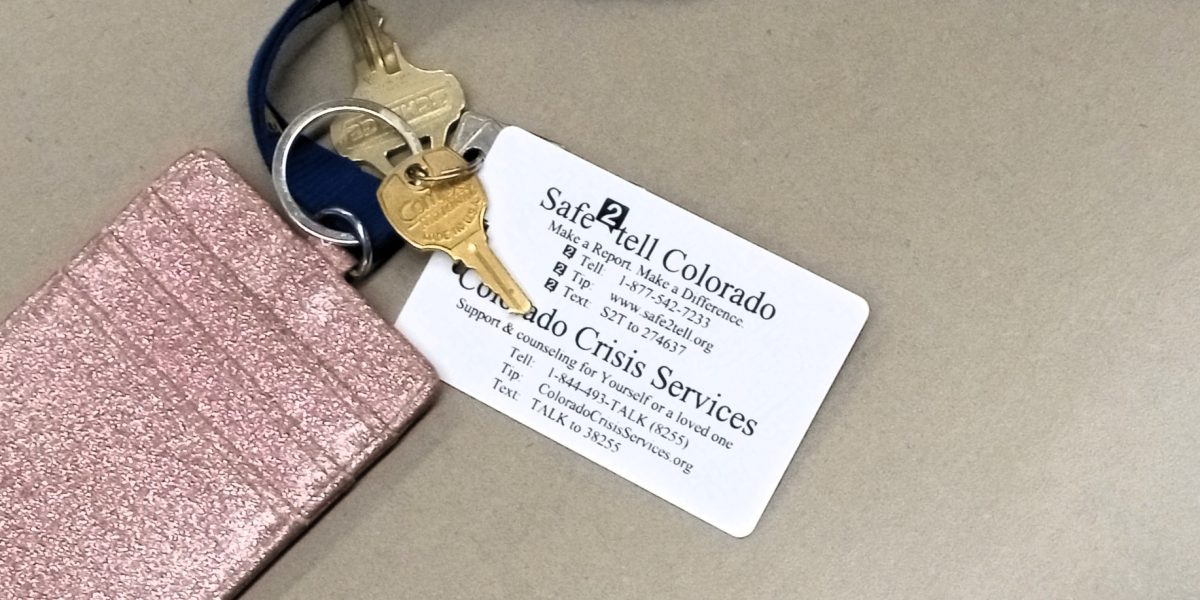Jobs such as doctors, engineers, or lawyers, require college. Many jobs require a degree, and without one, job options could be pretty limited. Certain fields have starting salaries that can make studying worth it. With a higher level of education, salary could increase.
College graduates typically rake in more cash over their lifetimes. The U.S. Bureau of Labor Statistics shows that a degree can mean earning about 67% more than your friends who only finish high school. That could mean a better car, travel, or a house someday.
College helps grow people in ways high school might not have. Learning problem-solving and communication skills are important for applications, since employers look for those skills. When people live alone for the first time, it teaches independence and responsibility, which are valuable to have no matter what jobs people choose to do.
College isn’t for everyone, and that’s okay. With student debts and tuition, college can be a burden for students. Many students graduate with massive student loans, making it tough to start adult life. Paying off debt while trying to save for a car or an apartment can be super overwhelming, which is why some high school graduates chose not to go to college.
High school graduates don’t want to live with the debt from college—getting a student loan can lead students to not be able to pay for car purchases (40%), home purchases (29%), and marriage (15%) or save for retirement (41%).
Not all degrees guarantee a good job. Many graduates find themselves in a position that doesn’t require a degree or earning less than they expected to. It’s important to research job information before committing to it.
Students don’t need traditional college experience to be successful. Trade schools, online courses, and apprenticeships are on the rise. Many companies now prioritize skills and experience over degrees, making these routes more appealing to high school graduates.
Technology is evolving quickly, and some college programs can become outdated before students graduate. Employers increasingly want adaptable candidates who can learn on the job, so hands-on experience can sometimes be more valuable than a degree.
Deciding if college is worth it isn’t straightforward. It depends on your goals, interests, and financial situation. While a degree can open doors and lead to higher pay, the cost and alternatives are serious factors to consider before committing. Take the time to explore your options and choose what feels right for your future.





















































